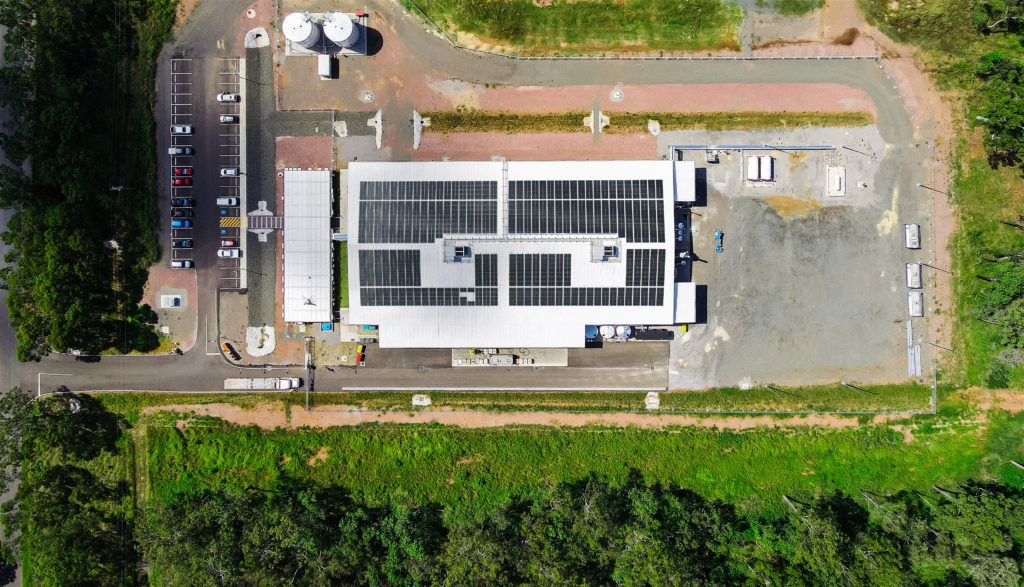Shares in two Australian miners surge on government loans

The Australian government will provide a combined A$585 million ($375 million) in loans to two miners as it seeks to build a domestic industry for the metals and minerals that are key to the energy transition.
The funding comes from an A$4 billion financing facility for critical minerals that was first set up in 2021 and then subsequently expanded. It’s part of Canberra’s efforts to counter China’s stranglehold on the supply chains of many materials that are vital to decarbonizing the global economy.
Alpha HPA Ltd. will receive a A$400 million loan to build Australia’s first high-purity alumina processing facility in Queensland, the government said in a statement. Renascor Resources Ltd. will get A$185 million to help fast-track a graphite mine and processing plant in South Australia. The loan was originally approved in February 2022.
Renascor shares jumped as much as 33% in Sydney, while Alpha HPA rose as much as 15%.
China is the biggest producer of graphite, which is used in lithium-ion battery anodes, and Renascor’s Siviour project will be Australia’s first foray into the sector. It’s the second-largest proven deposit in the world, according to the company.
Australia has been ramping up its critical minerals industry in recent years to capitalize on its vast domestic reserves of the materials which are used in everything from electric vehicle batteries to solar panels and military equipment.
“These two critical minerals projects will help secure good and secure jobs in manufacturing, and clean, reliable energy,” Prime Minister Anthony Albanese said in the statement.
Albanese recently announced he would be introducing a Future Made in Australia Act, which would be similar to the Biden administration’s Inflation Reduction Act, to help the country build its green manufacturing and mining industries and compete with growing government subsidies in other economies around the world.
(By Ben Westcott and Paul-Alain Hunt)
More News
Contract worker dies at Rio Tinto mine in Guinea
Last August, a contract worker died in an incident at the same mine.
February 15, 2026 | 09:20 am
{{ commodity.name }}
{{ post.title }}
{{ post.date }}




Comments